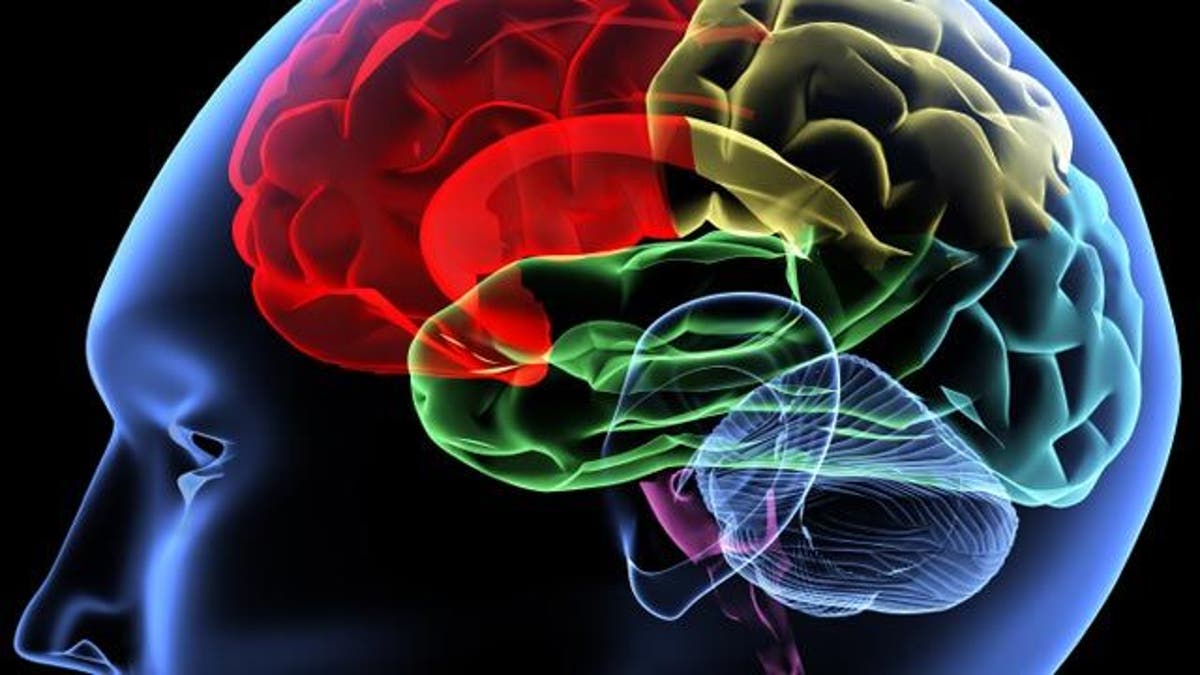
A new study on gene expression in brains affected by autism revealed a shared pattern of ramped-up immune responses that researchers say may lead to possible treatment options for some symptoms of the developmental disorder.
Researchers from John Hopkins and the University of Alabama at Birmingham analyzed data collected from 72 autopsied autism and control brains. The findings, published in the journal Nature Communications, focused on samples from two different tissue banks and compared the gene expressions in people with autism to that in controls without the condition.
The study used the largest data set so far in a study of gene expression in autism. Dr. Dan Arking, associated professor in the McKusick-Nathans Institute for Genetic Medicine at Johns Hopkins University School of Medicine said that previous studies of whether and how much genes were being used in brains with autism involved too little data to draw conclusions. Arking said the scarcity of data was because gene expression testing can only be performed on the specific tissue.
Earlier studies pinpointed autism-associated abnormalities in cells that support neurons in the brain and spinal cord, but in this study Arkings said the team was able to target a specific support cell called the microglial cell, which polices the brain for pathogens. In the group with autism, the microglia appeared to be perpetually activate with their genes for inflammation responses remaining turned on, according to the news release.
“This type of inflammation is not well understood but it highlights the lack of current understanding about how innate immunity controls neural circuits,” Dr. Andrew West, associated professor of neurology at the University of Alabama at Birmingham said in the news release.
Arking notes that inflammation is unlikely to be the root cause of autism.
“There are many different ways of getting autism, but we found that they all have the same downstream effect,” Arking said in the news release. “What we don’t know is whether this immune response is making things better in the short term and worse in the long term.”
The researchers say the next step would be to find out if treating the inflammation improves symptoms of autism.
